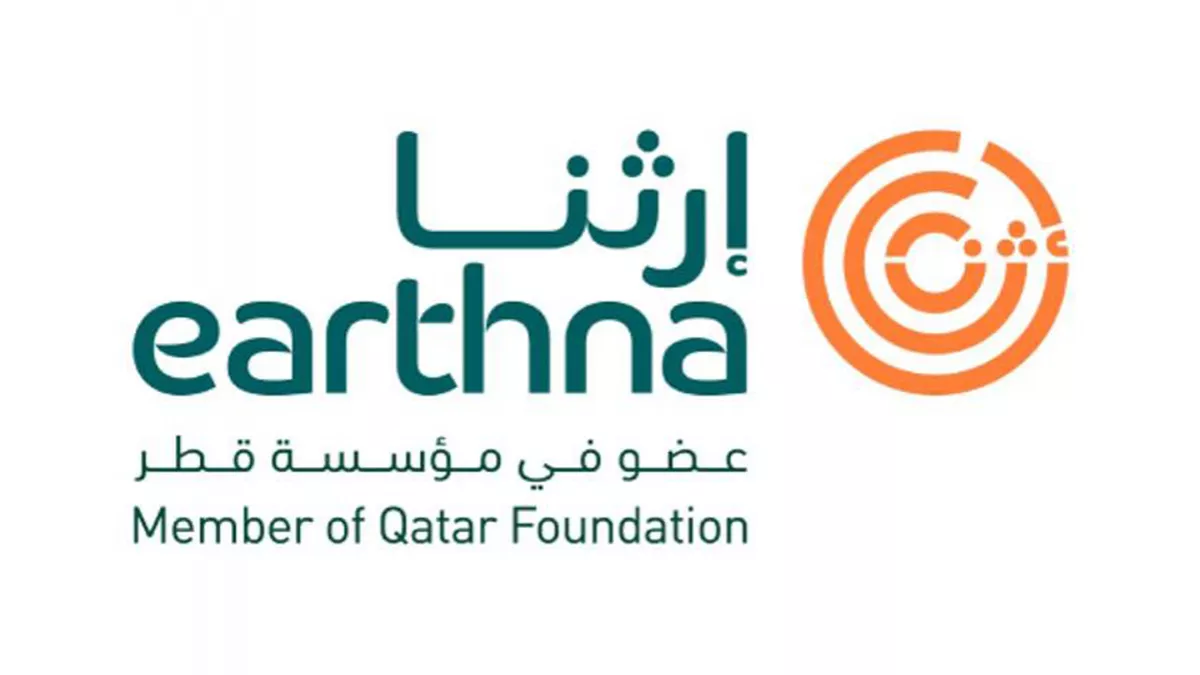
The two day Earthna Summit 2023 which placed Qatar and other countries with arid climates at center of a global sustainability conversation, concluded yesterday with a focus on how indigenous knowledge should be utilised by nations to inspire modern sustainability approaches.
‘Sustainable Use of Natural Resources: Local Innovations’ the closing plenary session of the Summit was held in the presence of H H Sheikha Moza bint Nasser, Chairperson of Qatar Foundation, H E Sheikha Hind bint Hamad Al Thani, Vice Chairperson and CEO of Qatar Foundation and several other dignitaries, delegates and guests at Msheireb Downtown.
The Summit hosted by Qatar Foundation’s Earthna Center for a Sustainable Future, under the theme ‘Building New Sustainability Pathways for Hot and Arid Environments’ and brought together around 1000 delegates from across the world, including 70 experts along with many policymakers to discuss food and security adaptation; climate change and energy transition; resilient cities; and biodiversity.
In his closing remarks Executive Director of Earthna, Dr. Gonzalo Castro de la Mata highlighted the Summit has provided a clear message on why developing frameworks to deal with hot and arid environments should be different from those with temperate or tropical environments.
“Qatar’s economy is not supported by its natural environment; instead, it is an economy where its non-renewable natural capital in the form of gas is transformed into human capital, infrastructure, and savings and investments. Sustainability needs to be understood in this context,” he said.
“In this sense, we have clearly established that globally recognized sustainability frameworks must be adapted to reflect our unique and challenging environment, and those in other hot and arid countries,” he added.
Dr. Gonzalo Castro de la Mata also emphasized on how cultural heritage and indigenous knowledge should be utilized by nations to inspire modern sustainability approaches; and the role of youth in overcoming climate change challenges.
“We have gained a greater understanding of traditional practices, and the impact that these can have on ecosystem management and climate adaptation today. We have also looked at how we can draw inspiration from Islam and different faiths, and historic cultural practices to promote more sustainable lifestyles today,” he said.
The closing session of the Earthna Summit 2023 also had from Dr. François Paulette Former Chief Smith’s Landing Treaty 8 First Nation. François in a powerful and emotional speech showed pride in maintaining his Dene language and the traditional knowledge that derives from his close relationship with the land.
“Mother earth is shrinking and is crying out for help,” he said explaining how population, food safety challenges, and climate change have made a negative impact in lives of indigenous population.
“We are confronted to changes which we never had to,” he said adding that love, respect, honesty truth, courage, humility and wisdom are seven secret teachings which can benefit human and the environment.
“Wisdom can come from the elders,” said Dr. Paulette indicating that lessons from the older generation should be absorbed in overcoming climate change challenges.
Encoring same thoughts Ali Taleb Al Henzab, a Qatari Bedouin tribe member also highlighted that environment and sustainability are integrated into human life.
